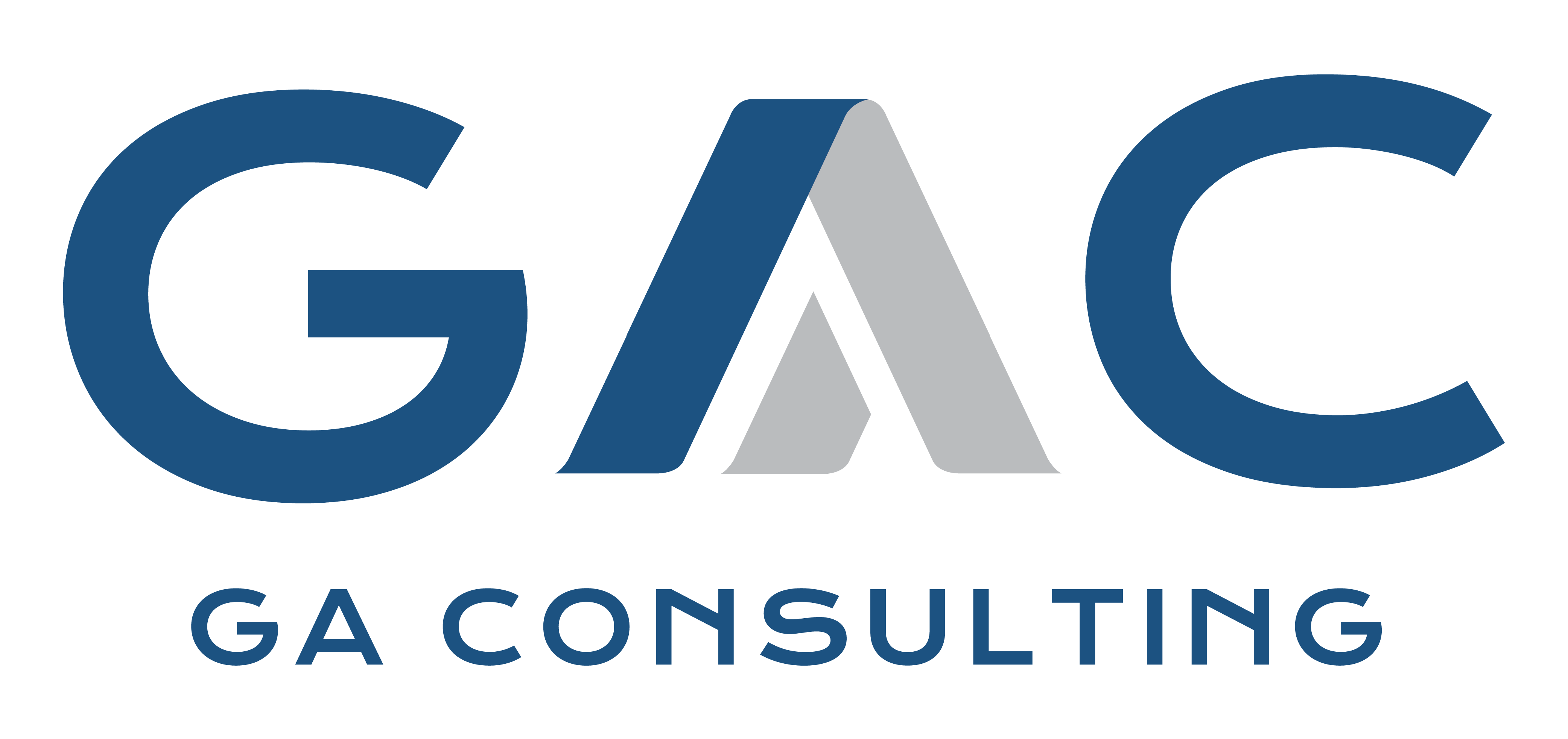If you accidentally filed your Income Tax Return (ITR) as a sole proprietor instead of as a professional, you’re not alone—and yes, it can be corrected.
Freelancers often face confusing tax terms and BIR forms. But filing under the wrong category can lead to compliance issues, incorrect tax dues, and future problems with your records. Here’s how to correct it fast.
Filing ITR as Sole Proprietor vs. Professional
The BIR classifies taxpayers based on their source of income:
- Sole Proprietor: Someone who sells goods or operates a business.
- Professional: Someone who earns by providing services using their expertise (e.g., VAs, writers, tutors).
Each category has different tax forms, books of accounts, and filing requirements. If you filed as a sole proprietor but work purely as a service-based freelancer, you must update your registration and return.
Why It’s Important to File Under the Right Category
Filing under the wrong classification can:
- Lead to mismatched tax filings
- Cause errors in your taxpayer records
- Trigger unnecessary penalties and BIR audits
- Affect your ability to renew your COR or apply for loans
Correct classification ensures accurate taxes and smoother compliance. It also protects your future financial reputation.
How to Correct a Wrong ITR Filing
Here are the steps to fix the issue:
- Visit Your RDO (Revenue District Office)
- Bring your valid ID and a letter explaining the error.
- Ask to update your registration from Sole Proprietor to Professional.
- You’ll need to file BIR Form 1905 for changes.
- File an Amended ITR
- Use the correct ITR (BIR Form 1701 or 1701A for professionals).
- Select “Amended” on the form.
- Recompute your tax due based on the correct category.
- Pay Any Difference or Penalty (If Applicable)
- Penalties apply if the corrected return shows you owe more taxes.
- However, amending early can reduce these charges.
- Update Books of Accounts and ORs
- You may be asked to update your official receipts and books based on your new classification.
Who Needs to File as a Professional?
You should register and file as a professional if you:
- Work as a freelancer or independent contractor
- Offer services like VA work, tutoring, design, writing, etc.
- Do not sell physical products
Even if you don’t have a physical office or staff, your professional income still requires correct classification with the BIR.
Smart Filing for Freelancers
- Double-check your BIR Form 1901 registration — confirm if you’re tagged as a professional.
- Always use BIR Form 1701A if you’re a purely service-based freelancer under 8% tax option.
- Keep digital copies of all amendments and receipts for your records.
- Work with a tax pro to ensure future filings are smooth and correct.

Follow Us & Make Tax Filing Easy!
Follow us on our socials (TikTok, YouTube, Facebook, and Instagram) and read our blogs for more tax tips designed for freelancers!
Download our Ultimate DIY BIR Tax Compliance Guide, try our Freelancer Income Tax Calculator, and schedule your Free Tax Consultation Call to take the next step toward confident, stress-free tax filing!

